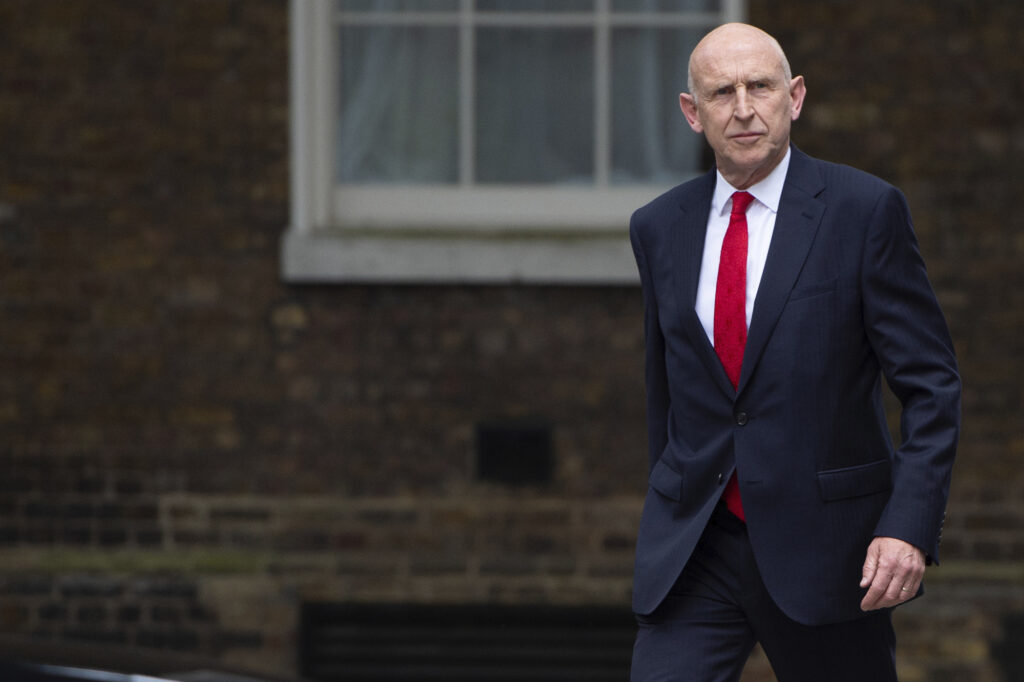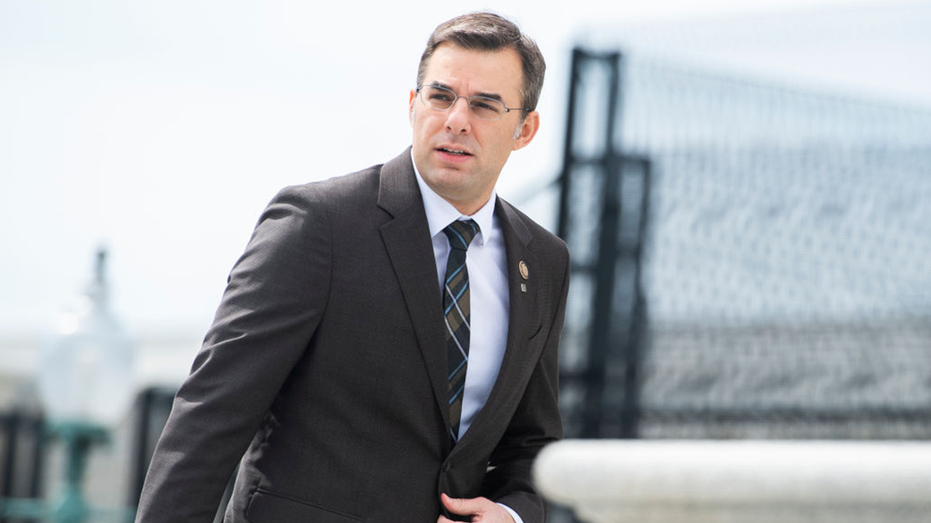Autumn Budget 2024: UK private schools hit by VAT fees
Private schools will be subject to VAT on fees from the start of 2025, Chancellor Rachel Reeves announced in today’s Autumn Budget. As expected, the government is removing the tax benefits previously linked to the charitable status of all private schools in the UK. Tuition and boarding tuition fees will now be taxed 20 per [...]


Private schools will be subject to VAT on fees from the start of 2025, Chancellor Rachel Reeves announced in today’s Autumn Budget.
As expected, the government is removing the tax benefits previously linked to the charitable status of all private schools in the UK.
Tuition and boarding tuition fees will now be taxed 20 per cent from next year.
The effect of the change will be a net benefit of £1.3bn to £1.5bn per year for the government.
Around six to seven per cent of pupils in the UK are educated independently, so this money saved will help invest more in state education, improving standards and opportunities for all, said Reeves.
Reeves said: To provide the highest quality of support and teaching that they deserve, we will introduce VAT on private school fees from January 2025 and we will shortly introduce legislation to remove their business rates relief from April 2025, too.”
“I can confirm today that they will in fact raise over £9bn to support our public services and restore our public finances. That is a promise made and a promise fulfilled.”
The government has also announced a crackdown on parents and guardians attempting to make advance payments to tax evade.
What does this mean for fee payers?
Any fees paid from this July onwards relating to any school terms following 1 January will therefore also be subject to the new VAT.
VAT will be subject to location, which will deter international students from UK independent schooling due to higher fees, negatively impacting the schools’ revenue.
The average private school annual fees, which currently stand at £16,656, will rise to nearly £20,000 after the introduction of VAT.
VAT doesn’t mean the schools will raise their rates accordingly, as they may choose to reduce their savings, cut back on costs or raise their fees.
Carly Kinch, lawyer for Stewarts, said: ““Schooling is always one of the biggest potential sources of conflict for separated parents, and the private versus state debate is a common one.”.
“This VAT will put pressure on the finances of even higher-earning professionals and could lead to those parents arguing in favour of state schooling getting their way more often than previously.”


